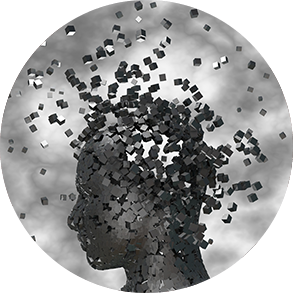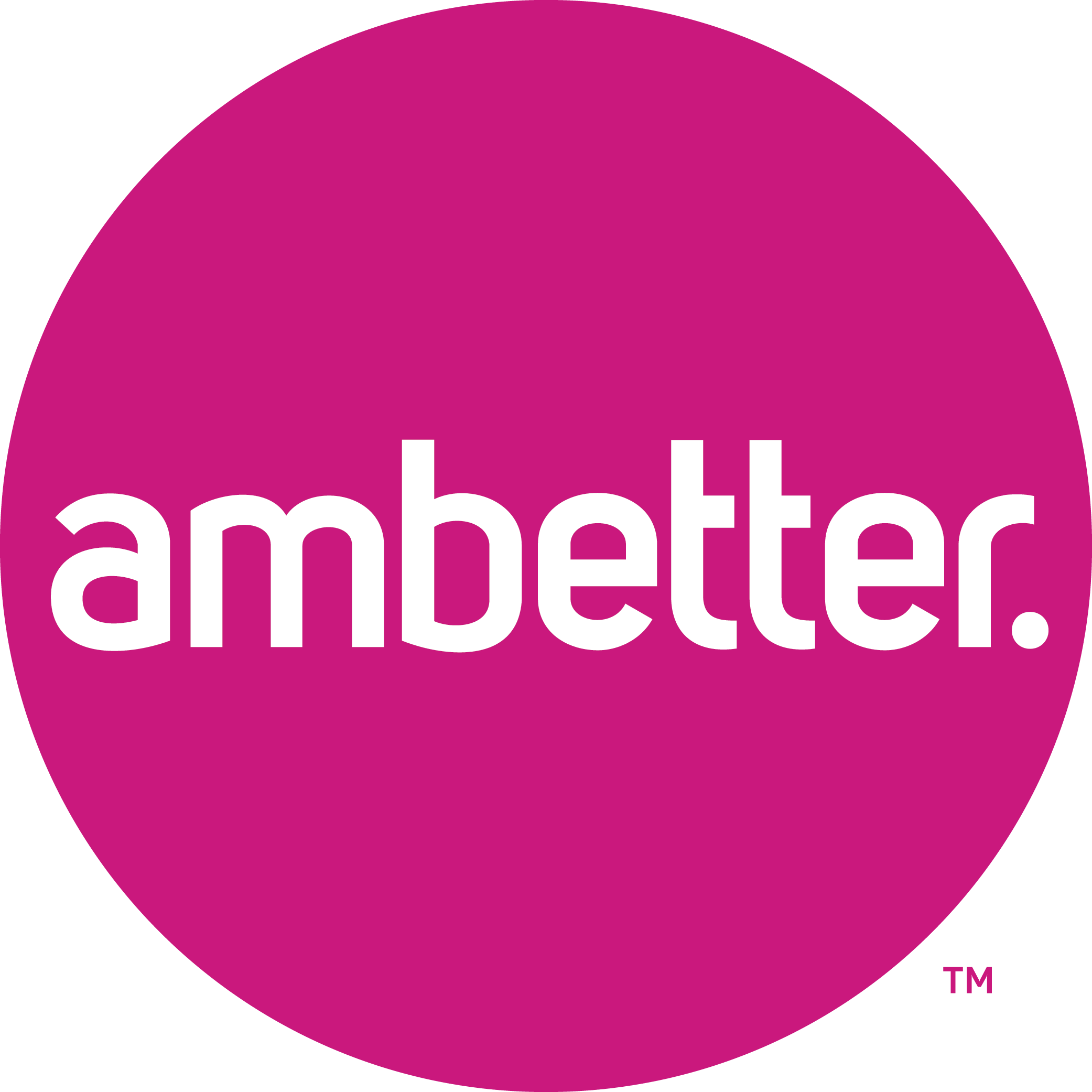Dialectical Behavioral Therapy (DBT)
The main goal of a DBT treatment program is to learn how to identify, accept, and manage difficult emotions that come your way. By effectively regulating intense feelings, you are allowing yourself to change unhealthy behaviors that can stem from them. For those who suffer from mental health disorders, Dialectical Behavioral Therapy focuses on teaching them how to avoid harmful stressors and triggers, along with teaching them how to respond should they arise anyway. At Banyan Treatment Centers Boca Raton, our specialized therapists utilize the components and techniques of this program to help patients make the most out of treatment.

The Components of Dialectical Behavior Therapy
DBT is a comprehensive therapy that consists of four main components: individual therapy, group skills training, phone coaching, and consultation team meetings.
Individual therapy involves one-on-one sessions between the client and their therapist. The therapist helps the client identify and work through specific issues that are impacting their life. During individual therapy sessions, issues related to emotion regulation, distress tolerance, and interpersonal effectiveness may be explored in-depth.
Group skills training is a critical component of DBT. Similar to those in individual settings, group sessions give participants the chance to learn and practice specific skills related to mindfulness, distress tolerance, emotion regulation, and interpersonal effectiveness. Group therapy allows individuals to learn from each other, build connections, and practice new skills in a supportive environment.
Phone coaching is essential for those who find themselves struggling during actual triggering scenarios. Clients are encouraged to call their therapist when they need support outside of therapy sessions. Phone coaching helps individuals apply the skills they have learned in therapy to real-life situations.
Finally, consultation team meetings provide therapists with ongoing support and guidance from other therapists and experts in DBT. This helps ensure that clients receive consistent and high-quality care. All of the DBT components work together to help patients get what they need out of this sensational program.
DBT Techniques
DBT combines cognitive-behavioral techniques with mindfulness and acceptance-based strategies. This makes it extremely effective in addressing a variety of conditions that a person could be struggling to deal with. Below are some of the different techniques that can be applied during a typical therapy session and how they help patients overcome their fears and troubles.
Acceptance Techniques
It’s important to understand the reasoning behind why we behave the way we do. Unhealthy behaviors can stem from not knowing how to deal with intense emotions. Oftentimes, people don’t find anything wrong with their behaviors, and they find ways to justify their unhealthy actions. The pattern of negative behaviors only continues with this type of rationale. During the acceptance phase, DBT therapists teach individuals to accept and understand themselves more. Being able to identify why you do certain things can be very powerful.
Mindfulness Techniques
DBT emphasizes the importance of mindfulness in managing emotions and behaviors. This acts as a physical tool that patients can apply in order to gain more awareness of their current emotional states, making the process of practicing self-acceptance that much easier. Mindfulness techniques also help individuals become more aware of their thoughts and emotions without judgment. Mindfulness-based practices include breathing exercises, body scans (internally scanning your body for any feelings or sensations that are out of the ordinary, such as tension or pain,) and mindful meditation.
Change Techniques
After learning how to identify strong emotions, the next step is to manage them to bring about positive change for yourself, referred to as change techniques. By recognizing that your behaviors are self-destructive and unhealthy, you have the power to replace these behaviors with positive ones. Learning how to identify these patterns and actively changing them for the better is what Dialectical Behavioral Therapy is all about.
Emotional Regulation Techniques
Emotional regulation helps individuals identify and manage their emotions. DBT teaches individuals how to identify and label their emotions and then teaches them coping strategies to manage intense feelings. Emotional regulation techniques include building positive experiences, increasing positive emotions, and reducing vulnerability to negative emotions.
Interpersonal Effectiveness Techniques
Our DBT treatment program teaches individuals how to effectively communicate and interact with others. Interpersonal effectiveness techniques help individuals navigate challenging relationships and conflicts. These techniques include assertiveness training, active listening, and problem-solving skills. This can be helpful in bridging the gap in understanding that so many people struggle with. For instance, those who are unsure of how to talk to their parents about mental health may find tools to help them do so.
Distress Tolerance Techniques
Distress tolerance techniques help individuals manage distressing situations without resorting to harmful behaviors. Dialectical Behavior Therapy teaches individuals coping strategies to manage distressing emotions, including distraction techniques, self-soothing techniques, and radical acceptance. This is crucial in addressing the triggering situations that could lead a person to spiral and again resort to their past, unhelpful, and even detrimental coping skills.
Cognitive Restructuring Techniques
Cognitive restructuring techniques help individuals identify and change negative thought patterns that contribute to emotional distress and replace them with more realistic and positive thoughts. This places a great amount of agency back into the hands of the patient, who may have come to a point where they think they are powerless. By using restructuring techniques, this program reminds them that this is anything but true.
DBT & Mental Health Disorders
When someone experiences extreme and heightened emotions and has difficulty tolerating painful feelings, they may turn to unhealthy behaviors such as abusing drugs, alcohol, or other addictive substances as a coping mechanism. Those who have addiction issues that are related to the management of emotions generally highly benefit from Dialectical Behavioral Therapy and can learn to replace addictive behaviors with healthy coping strategies.
Many people who are diagnosed with a mental health disorder or illness can benefit from DBT treatment, which is why it is applied in the treatment plans of many patients that are pursuing treatment at our Boca Raton mental health facilities. We strive to provide customized care in every therapy session, and our patient’s needs are always put first. The many therapies offered at Banyan Boca mental health are all intended to personalize everyone’s treatment experience so each patient can get the most out of it.
For more information on DBT therapy in Boca Raton, contact us and speak with an intake specialist today. Successful recovery is possible with the help of our wellness center in your corner.
Related Reading











